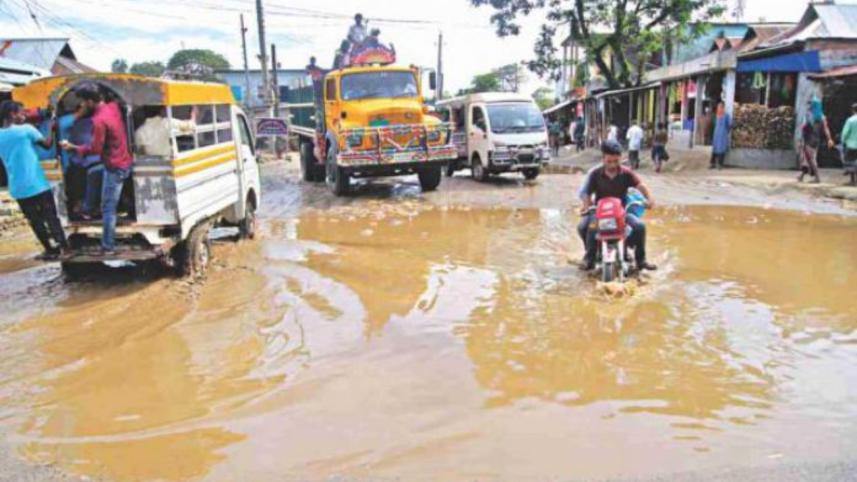No government project without feasibility study

In a report on the annual development programme (ADP), prepared by the planning ministry and shared in a review meeting by the minister, we find that most ministries prepare projects without proper feasibility and technical design. That would explain why a large number of projects undertaken by various departments and ministries every year fail to see proper, in-time implementation, as well as the constant revisions to projects and their delayed implementation. It is beyond our understanding how this has been allowed to go on year after year, especially since historical data shows us that ADP implementation has been the Achilles heel for successive governments.
Thanks to the planning ministry's report, issues causing these delays have been identified, particularly, frequent revision of project design, incorporating new components, lengthy land acquisition, and so on— all contributing to delay in project completion and driving up costs. We are in agreement with the ministry that government bodies will have to rethink the way they design projects from inception so that many of these hiccups can be avoided. There is no point in revising a project under the national budget more than twice because it loses its value and the benefits it was supposed to bring to the people are lost as years are added to project completion.
Monitoring and evaluation, which is an essential component of any project, has sadly been missing in our case. But now that its absence has been identified as a major stumbling block, we hope the planning ministry will stick to its idea of real-time monitoring of the most crucial projects that are in the pipeline, because delays in implementing poorly designed projects are tying down precious resources of the government. And many ministries fail to get allocation because of the scarcity of resources, despite having the capacity to implement them.



 For all latest news, follow The Daily Star's Google News channel.
For all latest news, follow The Daily Star's Google News channel.
Comments